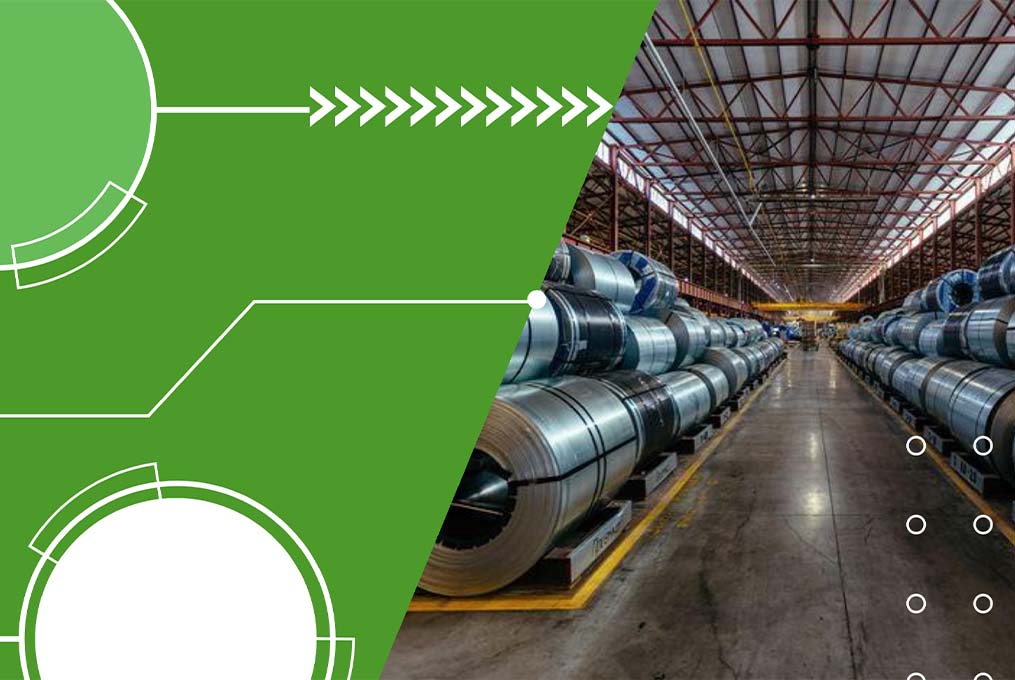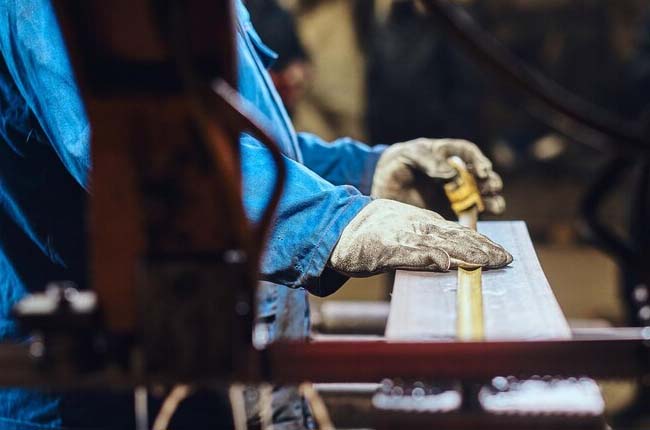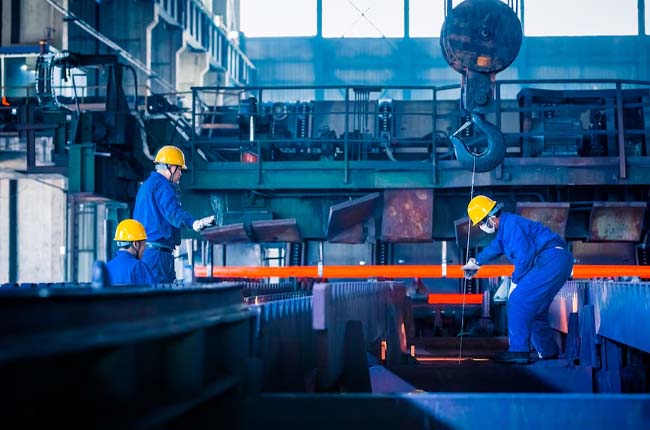The Economic Impact of Sheet Metal Fabrication on Local and Global Markets

Sheet metal fabrication is the process of turning flat sheets of metal into useful products. This can include anything from car parts to home appliances and even airplane wings. This industry is vital to many sectors, and its economic impact is significant on both local and global scales. Let's explore how sheet metal fabrication affects the economy.
Local Economic Impact

Job Creation
Sheet metal fabrication is labor-intensive, meaning it requires a lot of workers to complete various tasks. These tasks include cutting, bending, welding, and assembling metal parts. In many towns and cities, factories and workshops that specialize in sheet metal provide numerous job opportunities.
These jobs range from skilled positions like machinists and welders to administrative roles. By employing locals, these businesses help reduce unemployment and boost the local economy.
Supporting Local Businesses
Sheet metal fabrication often relies on local suppliers for raw materials, tools, and machinery. By purchasing these items locally, fabrication businesses support other local businesses, creating a ripple effect throughout the community.
For example, a local metal supplier benefits from the constant demand from fabrication shops, which, in turn, may need services like transportation, repairs, and maintenance.
Skills Development
The industry also contributes to skill development in the local workforce. Many fabrication shops offer training programs and apprenticeships, allowing workers to gain new skills and improve their employment prospects. This skilled workforce is not only valuable to the sheet metal industry but also to other sectors that require similar expertise.
Global Economic Impact

International Trade
Sheet metal products are essential components in many industries worldwide, including automotive, aerospace, construction, and electronics. Countries that excel in sheet metal fabrication can export their products to international markets, contributing to global trade. This trade helps countries generate revenue and strengthen their economies.
Technological Advancements
The global demand for high-quality sheet metal products drives technological advancements in the industry. Companies invest in research and development to improve fabrication techniques, enhance product quality, and increase efficiency.
These innovations often spread across borders, benefiting the global economy by making products cheaper and better.
Supply Chain Integration
Sheet metal fabrication is a critical link in the global supply chain. Many industries depend on fabricated metal parts to build their final products. For instance, the automotive industry relies heavily on sheet metal for car bodies and parts.
Disruptions in the sheet metal supply chain can impact entire industries, demonstrating its global economic significance.
Economic Challenges

Competition
The sheet metal fabrication industry is highly competitive. Companies must constantly improve their processes and reduce costs to stay ahead. This competition can drive innovation but also poses challenges for smaller businesses that may struggle to keep up with larger, more technologically advanced firms.
Environmental Concerns
Fabrication processes can have significant environmental impacts, such as energy consumption and waste production. Companies are under increasing pressure to adopt more sustainable practices. While this shift can be costly initially, it often leads to long-term savings and can open new markets focused on green technologies.
Global Supply Chain Vulnerabilities
Reliance on a global supply chain means that events in one part of the world can affect sheet metal fabrication businesses everywhere. Natural disasters, political instability, and trade disputes can disrupt the supply of raw materials and finished products, leading to economic uncertainties.
Future Outlook
The future of sheet metal fabrication looks promising due to several factors:
1. Technological Integration: The integration of advanced technologies like automation, robotics, and artificial intelligence is set to revolutionize industry. These technologies can increase efficiency, reduce errors, and lower production costs, making businesses more competitive globally.
2. Growing Industries: As industries like renewable energy, electric vehicles, and advanced electronics grow, the demand for high-quality sheet metal products will rise. This growth presents opportunities for sheet metal fabricators to expand their operations and enter new markets.
3. Focus on Sustainability: Increasing environmental awareness is pushing the industry towards more sustainable practices. Companies that adopt eco-friendly methods may benefit from government incentives and attract environmentally conscious customers.
Conclusion
Sheet metal fabrication has a substantial economic impact both locally and globally. Despite facing challenges such as competition and environmental concerns, the industry's future looks bright, with opportunities for growth and innovation.